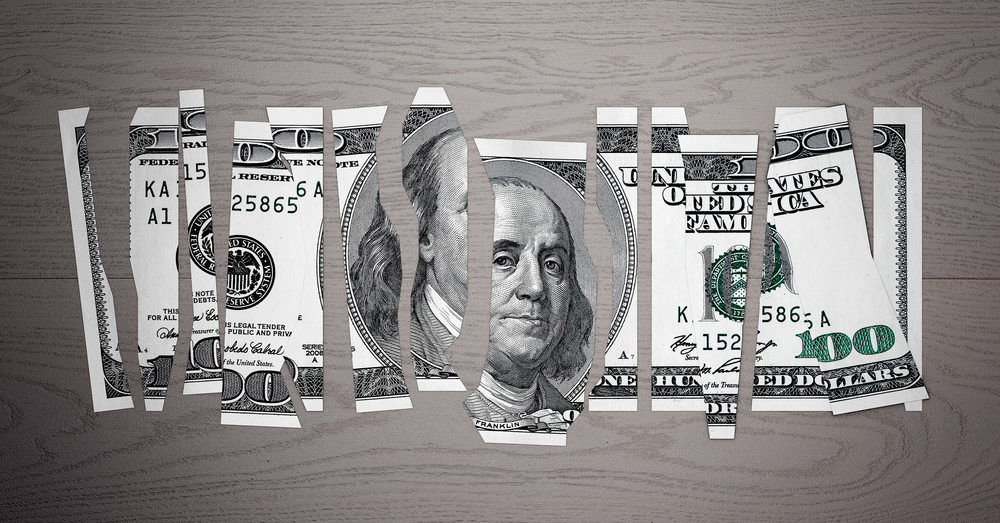‘What do people do here?’ we asked a local.
‘Well, they go out to dinner. And they go shopping. We have the nicest malls in the world.’
The whole city depends on air-conditioning. Without it, it would be uninhabitable…like Antarctica. Or West Baltimore.
Yes, there were people here before AC was invented, but they were just a few camel-drivers and adventurers on the lam.
‘There are also a lot of sports,’ continued our informant. ‘You can ride a dune buggy out in the desert…or go sky-diving. And we have beaches with warm water…and a huge water park.’
None of this appeals much to us. But it must appeal to others. The shops are busy, even in low season. And there are high-rise apartment buildings throughout the downtown area…and more going up. Someone must want to live here…
Meanwhile…
Eternal truths
We find it breathtaking…puzzling…and amusing…
…that people now take for granted things that we used to take for absurd. Things that couldn’t be true for one minute they believe to be eternal truths.
We have in mind the popular belief that the feds can make us richer by diddling interest rates.
The president of the USA believes it. Politico reports:
‘“We have people on the Fed that really weren’t — they’re not my people, but they certainly didn’t listen to me because they made a big mistake. They raised interest rates far too fast,” Trump said, despite having appointed four of the five current members of the board. He has vowed to only install new members of the board who support rate cuts, but his last two picks withdrew from consideration after backlash from Congress.’
Not only does Mr Trump think the Fed should rig the credit market, he also thinks he knows what the interest rates should be.
Investors must believe it, too. They bid up stocks on Tuesday, largely because they think that both the Fed and the European Central Bank (not to mention the world’s other major central banks…all of which are headed in the same direction) will cut interest rates before the end of the year.
The Dow now stands close to a new all-time high.
[openx slug=inpost]
Cheap finance
Stocks may or may not go higher (Mr Market can do what he wants). No matter, the feds can’t improve the economy or make corporate stock more valuable.
Here’s why:
The Fed lends money overnight. It only directly affects the ‘short end’ of the yield curve…where you borrow short-term money.
Lending below the rate of inflation shifted the whole financial system to focus on short-term money, short-term investments, and short-term results.
Why borrow long term at a real interest rate (albeit a low one) when you can borrow short term for free? Why worry about long-term profitability when you can make your money now? Why worry about sales and profits when you can goose up your stock with cheap finance?
But real capitalism takes time. It takes time to build factories and infrastructure. It takes time to train people. It takes time to test out new innovations and inventions. It takes time to put new machinery in place…and to pay for it.
And it takes savings. But as the Fed pushed down interest rates, it made savings so unattractive that current net national savings are lower than they were 20 years ago.
And the rate of savings as a percentage of gross national income is now 80% below where it was when America really was great — in the 1960s.
Bad for business
Short-term finance is great for short-term speculators. But it is bad for business. You can’t build a real, prosperous economy with overnight money. You need long-term finance.
And with the savings rate in decline…and capital sliding down the yield curve to the short end…the little long-term capital left went to the safest borrowers — large corporations and the US government.
Alas, money is not ‘invested’ by the feds. It’s squandered. And it is small businesses — not huge crony corporations — that are the major source of economic growth.
The US economy began a cyclical downswing in 2001. Since then, GDP growth rates — averaged over a 10-year period — are only half those of the late 20th century.
The Fed’s fake interest rates may have jimmied up stock prices, but they didn’t stop the decline on Main Street; they made it worse.
Regards,
Bill Bonner
